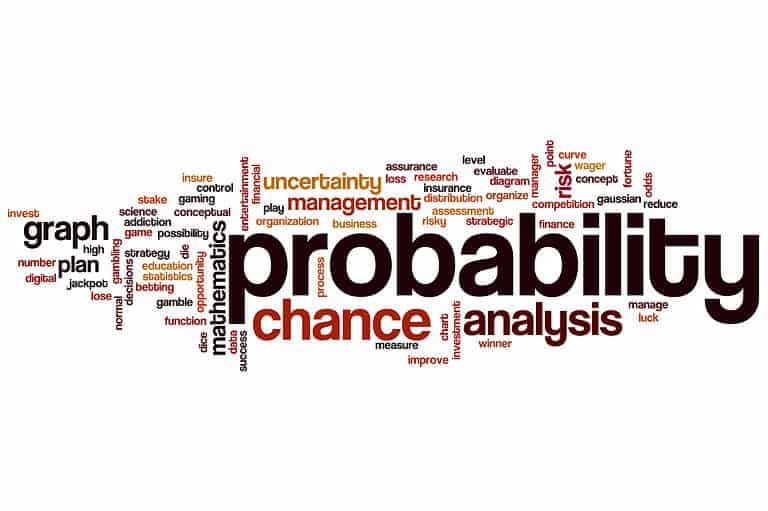Introduction to Reliability Engineering
Course Delivery: In-Person Training, Training for Teams

This course has multiple delivery options to fit our customers’ individual needs. Click the tabs below for more information on each option.
In-Person Training consists of public classes conducted by one of our subject matter experts at one of our designated locations in one or more consecutive days.
Target Audience
Engineers and technical managers wanting to develop a working understanding of reliability engineering topics, including how to measure and improve product life.
Prerequisites
This course requires the participant to be comfortable with advanced algebra including exponentials and logarithms. Calculus is referenced in the materials but used in a conceptual fashion and not required to complete the exercises.
Course Objectives
This program provides a broad overview of Reliability Engineering tools, covering both conceptual applications and the mathematical foundation of some of the more commonly used tools. Selected topics include definitions of reliability terms, reliability modeling, accelerated testing, life prediction, and system reliability analysis.
Benefits
Introduction to Reliability Engineering provides participants with a working knowledge of common reliability tools and methods and provides a foundation for using those tools on the job. The broad overview of tools allows the participant to determine whether further study in a particular area will be beneficial for his/her company. Whether we are considering product design or manufacturing or other equipment, reliability is concerned with having the product/equipment available when needed and improving the life of that product/equipment. The course includes many exercises intended to provide the participant with practical application of the tools/methods discussed.
Agenda
- Historical reliability failures
- Normalization of deviance
- Relationship between quality and reliability
- Definitions
- Failure mode and mechanism
- pdf, cdf, reliability
- hazard rate
- bathtub curve
- Reliability distributions
- Exponential
- MTBF vs. MTTF
- Weibull
- Lognormal
- Distribution fitting/identification
- Physics of failure
- Maximum Likelihood and Least Squares Regression
- Censoring
- Where reliability fits into the development process
- FMEA/FTA
- Reliability modeling
- Load/strength
- Apportionment
- Accelerated testing
- HALT/QALT
- Time vs. force acceleration
- Inverse Power Law
- Arrhenius model
- Designing a time accelerated test
- System reliability analysis
- Series/parallel systems
- Availability
- Common reliability tools for product/process design
Materials
Participants should bring a laptop with Excel and Minitab loaded.
Training Time: 16 hours
Continuing Education Credits (CEUs): 1.6
Training for Teams provides training for your group of employees in either a virtual live setting, or in-person at your facility. Connect with us to customize any of our standard courses to fit your specific need.
Currently scheduled classes are shown below. If no classes are displayed, please contact QCTS for other options.
